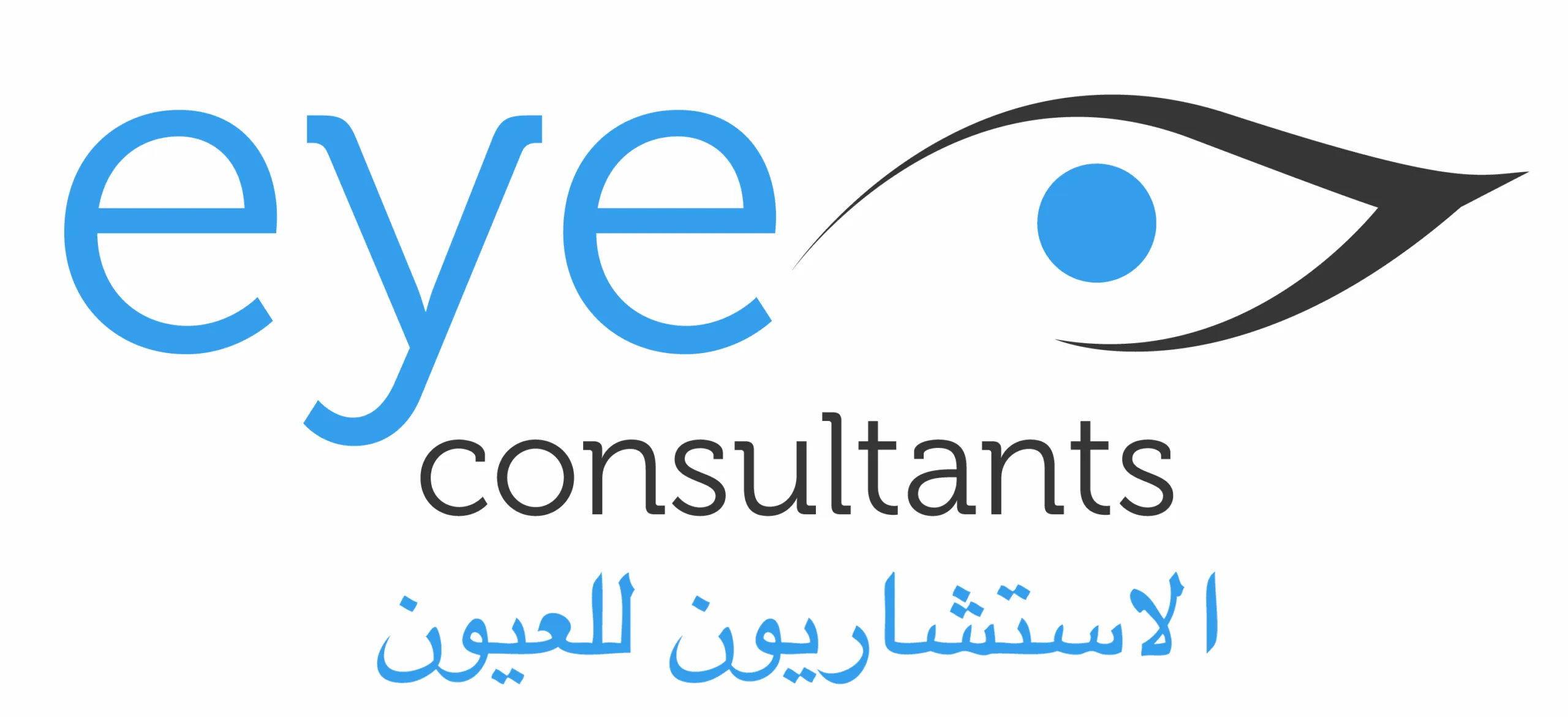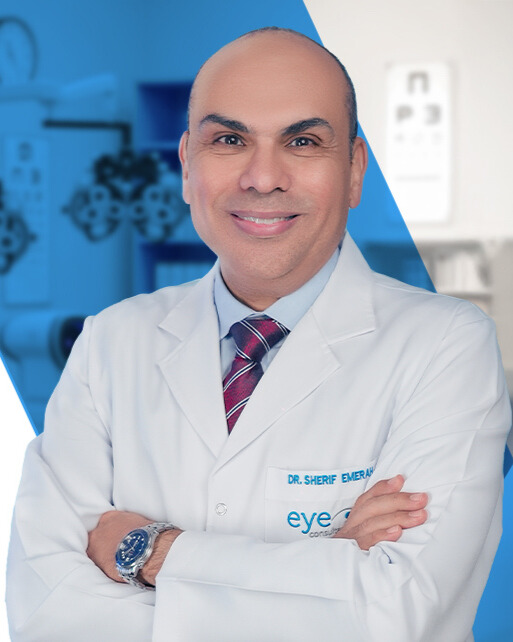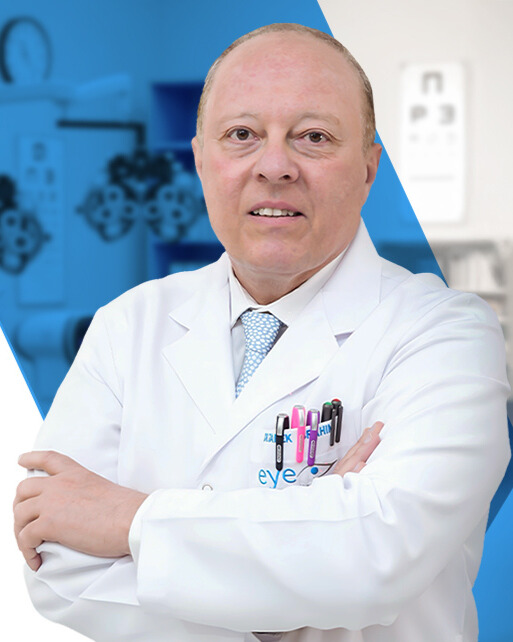Corneal Keratoconus Treatment
Advanced, personalized care for diabetic eye disease focused on protecting the retina, controlling swelling, and preserving sharp vision over the long term
Corneal Keratoconus Treatment
Discover effective treatments for corneal keratoconus, a condition affecting the cornea’s shape and clarity of vision. Our specialized approaches can help improve your eyesight and overall eye health. Learn more about the options available to manage and treat this condition.
What Is Corneal Keratoconus?
The cornea, the eye’s clear outer lens, is typically dome-shaped, but when it weakens, it can bulge outward, forming a cone shape known as keratoconus. This condition results from collagen fibers in the eye losing their strength due to a lack of protective antioxidants, leading to corneal deformation.
Corneal transplantation is a common procedure used to treat various conditions, such as:
- Keratoconus: Abnormal cone-like corneal shape
- Keratitis: Infections caused by pathogens like amoebas, bacteria, fungi, or viruses
- Corneal dystrophies: Structural changes in the cornea without prior inflammation or infection
- Bullous keratopathy: Fluid imbalance leading to corneal edema and deterioration
- Corneal opacity: Loss of corneal transparency
What Are The Symptoms Of Keratoconus?
Keratoconus changes your vision in two ways:
- As the cornea changes shape from a ball to a cone, the smooth surface becomes wavy. This is called irregular astigmatism.
- As the front expands, your vision becomes more nearsighted. That means you can see objects clearly only when they’re up close. Anything too far away looks like a blur.
An eye doctor may spot the signs during an eye exam. You should also mention symptoms like:
- Double vision when looking with just one eye
- Objects both near and far that look blurry
- Bright lights that appear to have halos around them
- Light streaks
- Triple ghost images
- Blurry vision that makes it hard to drive
How Is It Diagnosed?
Your doctor needs to measure the shape of your cornea. There are different ways, but the most common is called corneal topography. The doctor snaps a photo of your cornea and checks it closely.
What Is Corneal Transplantation?
Corneal transplantation is a type of cornea eye surgery that removes a damaged cornea and replaces it with donor tissue. It is also known as keratoplasty or corneal graft. The most common indication is keratoconus, followed by corneal destruction caused by keratitis.
Endothelial keratoplasty (EK)
It’s the replacement of the inner layer of the cornea
Penetrating keratoplasty (PK)
It is a complete replacement of the cornea tissue
Deep anterior lamellar keratoplasty (DALK)
It’s the replacement of the outer and middle layers of the cornea
Before & After
Related Doctors
Consultant Ophthalmologist
Cornea And Refractive Surgeon
Consultant Ophthalmologist
Cornea, Refractive And Anterior Segment Surgeon
Consultant Ophthalmologist / Anterior Segment, Oculoplastic Surgeon & Pediatric Ophthalmology
Customer Reviews
Trustindex verifies that the original source of the review is Google. Eye Consultants provides specialised eye care services. Their facilities include consultation rooms, diagnostic equipment, and treatment areas designed to support comprehensive eye health.Posted onTrustindex verifies that the original source of the review is Google. نتقدم بالشكر للدكتور احمد الخشاب وجميع الأطباء وجميع العاملين بالمركز على المعاملة الملاءكية من الجميعPosted onTrustindex verifies that the original source of the review is Google. I did my procedure with Dr. Mahmoud and I am glad I came here. They were very supportive with each step and my procedure was done with great care. 100% recommended❤️Posted onTrustindex verifies that the original source of the review is Google. The experience was fantastic. The staffs are professionals and the Dr is very experience. Very good experience here.Posted onTrustindex verifies that the original source of the review is Google. Very helpful and professional team Special thanks for Dr Ahmed Al KhashabPosted onTrustindex verifies that the original source of the review is Google. شكرا خاص لطافم العمل صراحه على المتابعه و الاحترام في التعامل صراحه بردوا بسرعه و متعاونين و شكرا خاص للدكتور لانه كان جدا محترم و شاطر و اسلوبه جميل بالشرح




